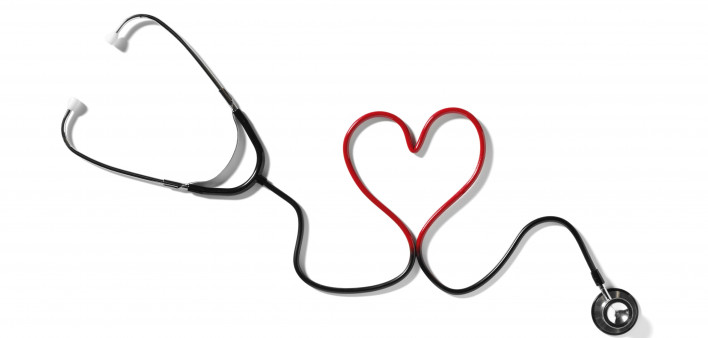People younger than 40, those of Asian and Pacific Islander descent and women living with HIV had the highest rates of heart failure in a large study published in the journal Mayo Clinic Proceedings.
And that may point to the need for additional tests for younger people and women living with HIV to diagnose heart failure earlier, according to study author Alan Go, MD, of Kaiser Permanente Northern California. Those tests include echocardiograms, having one’s family and personal history of heart disease taken and having blood drawn for biomarker testing.
The data add to a growing body of evidence showing that HIV itself seems to be linked to a higher risk for heart disease, including heart attack and stroke. A previous study of 20,000 people living with HIV showed that the virus was associated with a 3.2-fold higher incidence of heart failure compared with HIV-negative people.
In the current study, Go and colleagues from the Division of Research at Kaiser Permanente Northern California, went even bigger, reviewing the charts of 38,868 people living with HIV who were treated at their facilities. They compared heart failure risk to that of 386,586 people without HIV.
The mean age was 41, just 12% were women, 21% were Black, 20% were Latino and 4% had Asian Pacific Islander lineage. More than half were gay men. This does not match the demographics of the HIV epidemic as a whole, which is now largely a disease affecting communities of color. What’s more, while women have been found to have higher rates of some forms of heart disease than men, they are less likely to be included in research.
Of the people living with HIV in the cohort, 13% had a CD4 count below 200, but 43%, had an unknown CD4 count. The median viral load was 3,452. Nineteen percent had a viral load at or below 200 copies (undetectable); 29% had a viral load greater than 500; and half had an unknown viral load. Among the HIV-negative people, a statistically insignificant but notable 63 people were using HIV pre-exposure prophylaxis (PrEP), and another 95 had used post-exposure prophylaxis (PEP).
People with HIV were more likely to have chronic liver disease, cancer and a depression diagnosis. But HIV-negative people were more likely to have high cholesterol, diabetes, and high blood pressure—all factors traditionally linked to higher rates of heart disease. Perhaps as a result, HIV-negative people were also more likely to have been prescribed heart medications, such as ACE inhibitors, beta blockers, calcium channel blockers and statins. They were also twice as likely to have been prescribed diuretics to treat the fluid retention that comes with heart failure.
Yet over a median of 3.8 years of follow-up, people living with HIV were 68% more likely to have been diagnosed with heart failure than their HIV-negative peers. After adjusting the results for use of heart medications, that increased to 73% more likely.
But when the researchers looked at who got sick, they found something perhaps counterintuitive: People living with HIV who were between 21 and 40 years old had an even higher risk of heart failure—a 2.45-fold increased risk—compared with their HIV-negative peers. People with HIV in their 40s had a still high but reduced excess risk of heart failure, 44% higher, and people 51 and older had a 58% increased risk.
Women living with HIV had a higher rate of heart failure overall—a 2.48-fold increased risk—compared with HIV-negative women. And while HIV-positive Asian and Pacific Islander people made up only 4% of the overall cohort, they had a 2.5-times increased risk for heart failure than their peers without HIV.
The study didn’t track which antiretroviral medications people living with HIV were taking or determine whether risk was higher based on viral load or CD4 count. But Go and colleagues suggested that it was HIV itself that caused the increased risk. And while there weren’t as many women in this trial as there are proportionally living with HIV, the study represents an addition to what researchers know about how HIV impacts women in particular.
“Despite recommendations about preventing coronary disease in [people with HIV], current guidelines do not address screening for or prevention of heart failure,” wrote the study authors. “Implementing validated [heart failure] screening methods, including a history and physical examination supported by selected biomarker testing…and echocardiography in [people with HIV] can expedite time to diagnosis and treatment of ventricular dysfunction and possibly prevention of clinical heart failure.”
Click here to read the study abstract.
Click here to learn more about wellness for people with HIV and to being heart smart with HIV.







Comments
Comments